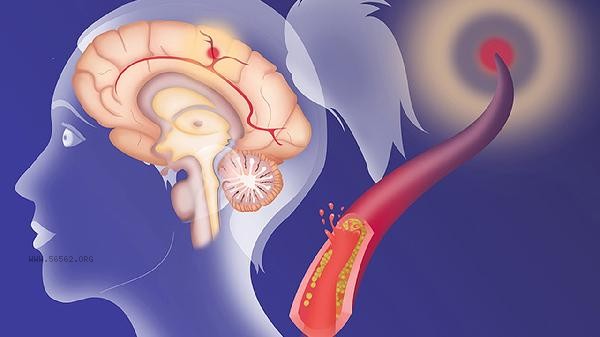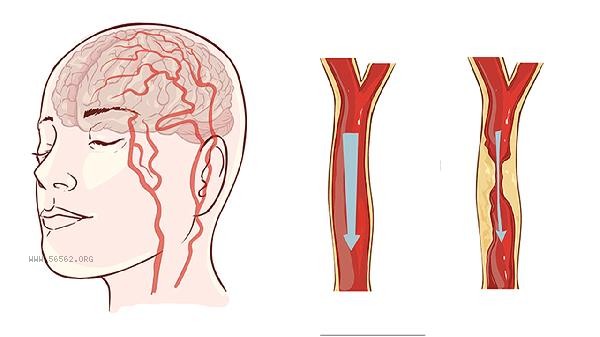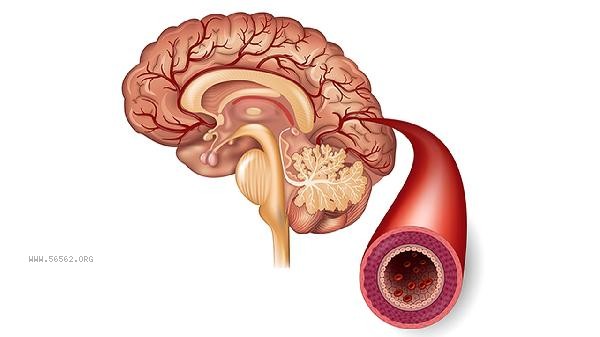Moderate jealousy has certain benefits for cardiovascular and cerebrovascular health, but excessive consumption may have negative effects. The main functions of vinegar include promoting digestion, assisting in regulating blood pressure and blood lipids, and its mechanism of action is related to acetic acid, organic acids, and polyphenolic substances. The acetic acid in vinegar can help break down fat, reduce lipid deposition in blood vessel walls, and have a certain auxiliary effect on preventing arteriosclerosis. Organic acid components can promote sodium ion excretion and have a mild regulatory effect on hypertensive individuals. Some studies have shown that consuming 15-30 milliliters of vinegar per day may lower systolic blood pressure. Vinegar contains polyphenolic antioxidants that can alleviate oxidative damage to vascular endothelium. Varieties with longer fermentation times, such as aged vinegar and fragrant vinegar, have higher levels. The pectin component in apple cider vinegar can also help reduce low-density lipoprotein cholesterol levels. Long term excessive intake may corrode tooth enamel or irritate gastric mucosa, and those with excessive stomach acid may experience acid reflux symptoms. Drinking a lot on an empty stomach may cause gastrointestinal spasm. diabetes patients should pay attention to the added sugar in fruit vinegar. The lack of clinical evidence for the thrombolytic and vascular softening effects promoted by some health vinegar products on the market cannot replace drug treatment.

It is recommended to choose brewed vinegar instead of blended vinegar, and the daily consumption should be controlled at 10-20 milliliters. It can be diluted with cold dishes or warm water for drinking. Patients with cardiovascular and cerebrovascular diseases should still focus on standardized treatment, with dietary regulation as an auxiliary means. If there are diseases such as gastric ulcers and reflux esophagitis, vinegar intake should be reduced or used under the guidance of a physician.











Comments (0)
Leave a Comment
No comments yet
Be the first to share your thoughts!